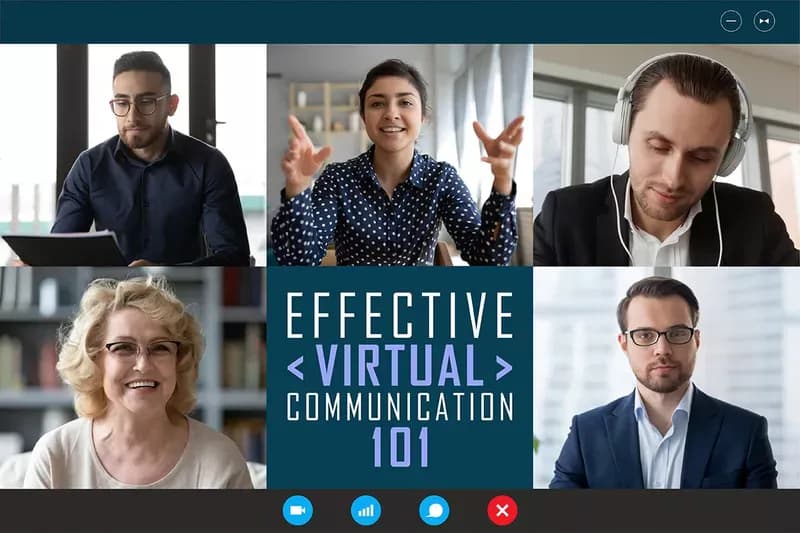







Agile Team
Why
Challenging business environments call for teams to become Agile and deliver at the most efficient rate: simple to say - rather challenging to develop. You as a manager might look for your team to:
- cope flexibly and quickly with change,
- split demanding projects into small pieces and complete them easier,
- improve intra-group & inter-group communication
- embrace collaboration, adaptability, continuous learning & delivery, flexibility, transparency & empathy as part of your everyday team work
Challenging concepts call for immersive learning processes too, ones based on the notion that we all learn more effectively and change faster when we play and have fun.
What
An Agile team is a cross-functional, self-organized set of people who collectively share the responsibility for delivering high-quality results in a timely manner. An Agile team promotes collaboration and encourages quick adaptation to change.
Although there are many methodologies for the operation of the Agile team (Scrum, Kanban, etc.), they are all based on people with the appropriate human skills / soft skills.
The aim of this workshop is to provide you all the necessary hard & human skills to create a flexible and inter-functional working environment, capable of responding quickly and effectively to changes.
MODULES:
- Scrum method: a flexible framework that facilitates team collaboration on complex tasks. It's a flexible product development strategy, but its principles and lessons can be applied to all types of teamwork.
- Kanban method: based on the classic task lists. With the help of a Kanban board, project workflows are optimally planned, monitored, and controlled.
- Collaboration and teamwork: Being able to communicate effectively and work together as a team is a key component of agile methodology.
- Adaptability: Agile teams must be able to quickly adapt to change to remain productive and continue delivering value to the customer.
- Flexibility: Agile teams must be flexible in their approach, processes, and methodologies, and must be able to adjust them as needed throughout a project.
- Continuous learning: Agile teams must be willing to continuously learn and improve, both individually and as a team.
- **Continuous delivery: **Agile teams are focused on delivering value to the customer at every step of the process, resulting in a continuous stream of deliverables.
- Transparency: Agile teams must operate in a transparent manner, with open communication and a focus on sharing information between team members and stakeholders.
- Empathy: Agile teams must understand the needs and perspectives of their customers, as well as their team members, in order to deliver valuable products and services.
How
A three stakeholders joined venture, to expand your team’s growing edge in Agility, in three steps:
- LSP (LEGO® SERIOUS PLAY®) team mapping, by SUMMIT
- Insightful- playful training, by EDUTAINMENT
- VR role plays for best knowledge retention, by VERDU
SUMMIT (synchronous, indoors): LEGO® SERIOUS PLAY® encourages open communication and promotes deep listening among participants. Viewing 3D models, building metaphors and stories generate interest and better retention of the content presented, which also contributes to better understanding while reducing and filtering noise.
EDUTAINMENT CENTER (synchronous, in & outdoors): Edutainment refers to the combination of education and entertainment. It involves using entertainment methods to teach educational content in a fun and engaging way. Edutainment aims to create an environment where learning becomes an enjoyable experience rather than a chore.
VERDU (asynchronous, any place): Virtual reality technology presents the ability to reap the benefits of simulation, role play, and scenario-based learning, but in a format that is easily repeatable, scalable, and realistic.
Who
Ideal for middle & senior managers who need to build Agile Teams.





















